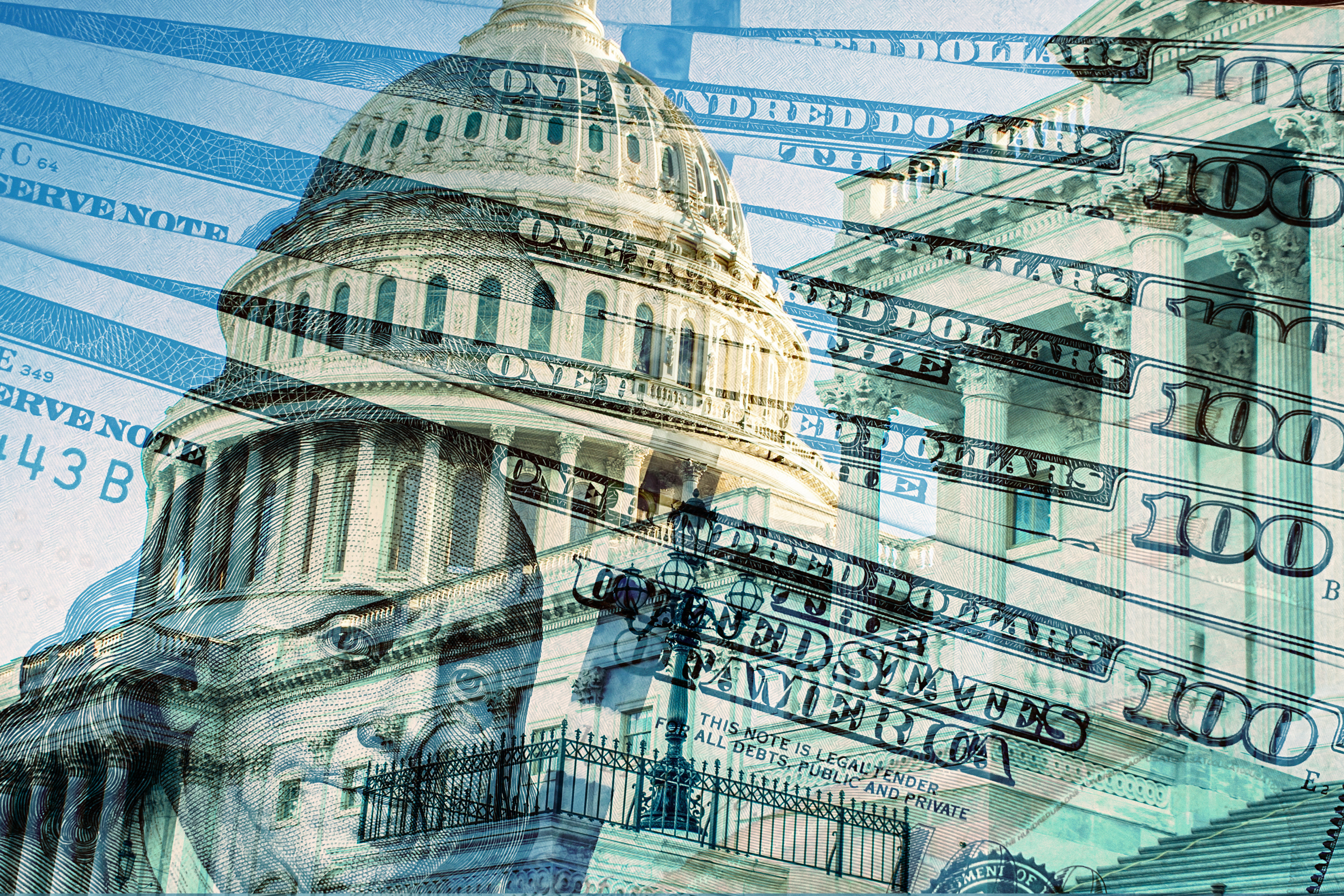Investment Outlook: When Should We Worry About Deficits?

Anyone who looks at the simple math of our Federal Deficits should be worried. Evan Greenberg, CEO of Chubb Group, always writes a good letter to shareholders and these two excerpts are from his 2023 letter summarizes the problem: “One of the greatest risks, in fact, an existential risk to the health of America, is lying in plain sight: our financial solvency” - “ interest expense stands at 16% of revenue, similar to the capital structure of a BBB corporation.”
The rise in the deficit interest costs is so shocking because we have come from a 17-year period of very low interest rates. The mortgage crisis and Great Recession of 2008 resulted in the first period of below normal interest rates and inflation, and the Covid pandemic of 2020 brought in the second period of very low interest rates. We didn’t know how serious Covid would become. However, after the fact it is clear the Fed and the Congress went too far with new spending programs and tax credits. Now the situation is very different as interest rates have risen to 5% and about half of the government debt must be refinanced in the next three years at significantly higher rates. The deficit forecast for 2024 was recently raised to $2 trillion or 7.0% of GDP, and the magic of compounding is working against us. If the economy grew at 6% a year, a 6% deficit would be tolerable, but our growth rate is in the 2% to 3% range, so our debt hole will keep getting deeper if deficits exceed our growth rate.
The biggest factor in our debt problem comes from Medicare and Medicaid. Only Medicare Part A (hospital coverage) is funded by the Trust Fund, and spending on parts B and D (doctors and drugs), that isn’t covered by premium payments are funded by the Treasury with no limits. Douglas Holtz-Eakin, former director of the Congressional Budget Office, gleans from the data that past Medicare and Medicaid spending accounts for 30% of the deficits we’ve accumulated. Health care is a complicated industry, but controlling spending would likely require more “managed care” and less “fee for service” medicine.
The ideal fiscal solution would involve both reducing the growth rate of all spending and encouraging more rapid economic growth which would boost tax revenues. These were the policies of Ronald Reagan which worked well in the 1980’s. More rapid growth benefits everyone and it allows us to afford more spending on social programs.
How does this affect your portfolio? Investors are still willing to buy new Treasury bonds at recent auctions but if our credit rating goes lower as Mr. Greenberg suggests, investors would demand higher rates. The ugly deficit situation confirms our belief that inflation will be a persistent problem, and long-term ownership of growing companies is the best way to protect your purchasing power. Stay diversified among asset classes and own leading companies with strong balance sheets.
Sources: CBO.gov, Douglas Holtz-Eakin’s website and the Wall Street Journal.
